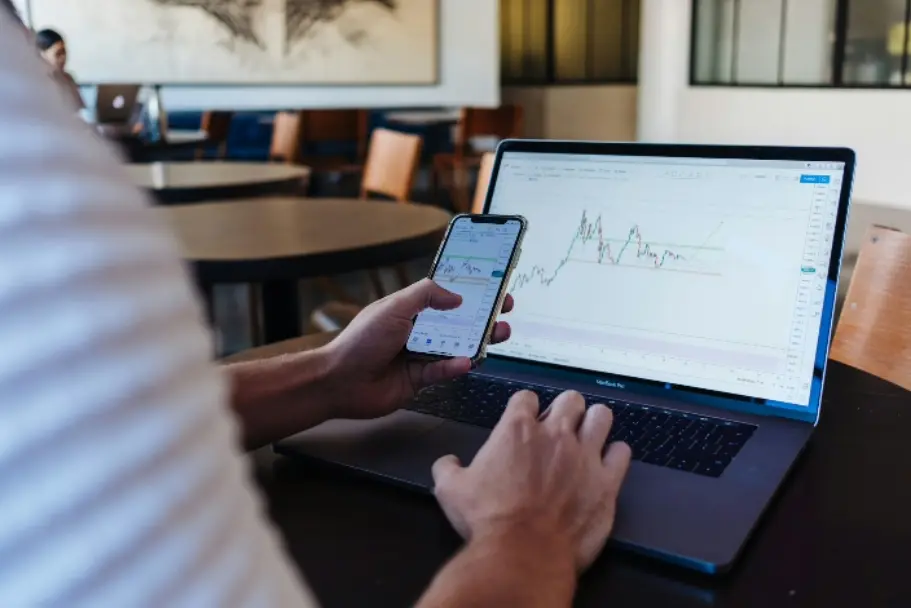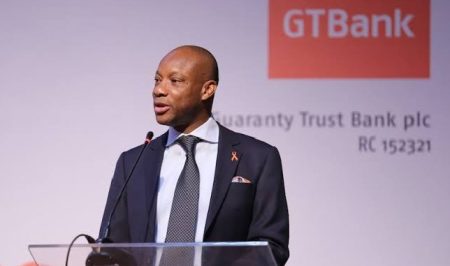By Ben Nsemo
Forex trading, the act of exchanging currencies on the global market, is a dynamic and potentially lucrative investment opportunity for Nigerian investors. The question of what is forex trading and how does it work lies at the heart of understanding this financial venture. At its core, forex trading involves predicting the movement of currency prices and exchanging one currency for another with the aim of making a profit. The forex market is the largest financial market globally, characterized by high liquidity and 24-hour trading during weekdays.
The Forex Market Explained
- Global Participation: The forex market encompasses a global network of banks, corporations, and individual traders, allowing for continuous trading across time zones, from the Tokyo opening to the New York closing market.
- Currency Pairs: Trading is conducted in pairs, such as the EUR/USD (Euro/US Dollar), with investors buying one currency while simultaneously selling another.
Mechanisms of Forex Trading
- Leverage: Leverage allows traders to control a large position with a relatively small amount of capital. While it can amplify profits, it also increases the risk of losses.
- Spread: The difference between the bid (sell) and ask (buy) price of a currency pair. A lower spread indicates a more liquid market or less trading cost.
- Pips: The smallest price move that a given exchange rate can make based on market convention. Most currency pairs are quoted to the fourth decimal place.
Forex Trading Strategies for Nigerian Investors
- Technical Analysis: This involves analyzing past market data, including price charts and volume, to forecast future price movements. Many advanced traders in Nigeria use technical indicators such as moving averages and the Relative Strength Index (RSI) to identify potential entry and exit points.
- Fundamental Analysis: This strategy focuses on economic indicators and news events that can affect currency values. Nigerian traders might consider factors such as inflation rates, economic growth, and geopolitical events.
- Risk Management: Essential for success in forex trading, it involves setting stop-loss orders and taking profits at predetermined levels to protect investments.
READ ALSO: Why we started the Global Family Finance Conference
Challenges and Opportunities in the Nigerian Forex Market
The forex market offers Nigerian investors both opportunities and challenges. On one hand, the market’s vast liquidity and the availability of leverage can result in significant profits. On the other hand, the forex market is highly volatile, and the leverage can lead to substantial losses if not used judiciously.
- Regulatory Environment: Understanding the regulatory framework in Nigeria is crucial for forex traders. The Central Bank of Nigeria (CBN) and other financial regulatory bodies oversee forex trading to ensure a stable and transparent market environment.
Advanced Strategies and Tips for Success in Forex Trading
While the basics of forex trading are essential, advancing your trading strategies and incorporating sophisticated techniques can significantly enhance your trading outcomes. Here are some advanced strategies and tips tailored for seasoned Nigerian investors:
- Scalping: This strategy involves making a large number of small profits on minor price changes throughout the day. It requires a significant time commitment and quick decision-making.
- Swing Trading: This approach targets gains in a stock within an overnight hold to several weeks. Swing traders utilize a set of rules based on technical or fundamental analysis; this strategy suits traders who cannot monitor their charts throughout the day but can dedicate a few hours analyzing the market every night.
- Carry Trade: In a carry trade, traders borrow a currency with a low interest rate to purchase another currency with a higher interest rate, profiting from the interest differential. Given Nigeria’s unique financial landscape, understanding global interest rates and economic policies is crucial for this strategy.
Tips for Success
- Continuous Learning: The forex market is constantly evolving. Staying informed about global economic news, understanding advanced technical analysis techniques, and learning from successful forex traders are key to staying ahead.
- Utilize Demo Accounts: Before applying new strategies with real money, practicing with demo accounts can help Nigerian traders understand market dynamics without financial risk.
- Risk Management: Advanced traders know not to risk more than a small percentage of their trading capital on a single trade. Employing a sound risk management strategy is crucial for long-term success.
- Emotional Discipline: Successful trading requires discipline and emotional control. Avoid making decisions based on fear or greed.
The Future of Forex Trading in Nigeria
The future of forex trading in Nigeria looks promising. With increasing access to global markets and advancements in trading technology, Nigerian traders are well-positioned to take advantage of forex trading opportunities. Moreover, the regulatory environment is evolving to provide a safer trading experience for investors.
- Digital Transformation: The adoption of fintech and blockchain technologies could streamline transactions and enhance the transparency of the forex market in Nigeria.
- Education and Resources: The availability of online resources, trading courses, and communities will continue to support the growth of knowledgeable and skilled forex traders in Nigeria.
- Regulatory Improvements: Efforts by regulatory bodies to enhance the legal framework and protect traders from fraud will likely boost confidence in the forex market.
Conclusion
For Nigerian investors, forex trading offers a world of opportunities balanced with risks. By understanding the mechanisms of the market, applying advanced strategies judiciously, and staying informed about changes in the global economic landscape, traders can navigate the forex market successfully. The future of forex trading in Nigeria is bright, with technological advancements and regulatory improvements paving the way for a more accessible and secure trading environment.
As the Nigerian forex market continues to evolve, investors who are well-prepared, informed, and strategic in their approach will be best positioned to capitalize on the opportunities that forex trading presents.



